Leveraging IT for Competitive Advantage and Investment
In the modern business environment, Information Technology (IT) plays a pivotal role not only in driving operational efficiency and innovation but also in fostering investor confidence and attracting funding. Companies that invest strategically in IT tend to outperform their peers, experiencing higher growth, profitability, and resilience in the face of challenges. This, in turn, boosts their attractiveness to investors and lenders. Investors scrutinize IT strategies as a key indicator of a company’s future potential, risk management capabilities, and long-term sustainability.
Key IT Factors That Drive Business Success and Investor Confidence
- IT Maturity & Infrastructure A company’s IT infrastructure is a cornerstone of its ability to scale and innovate. Investors look for businesses that have developed robust IT systems, which are essential for supporting growth and minimizing operational risks.
- Scalable and Resilient Infrastructure: Companies that leverage scalable cloud solutions and implement efficient data management systems are better positioned to reduce costs and expand rapidly. For example, Amazon’s use of cloud infrastructure through Amazon Web Services (AWS) allowed it to scale quickly, contributing significantly to its financial success and making it a magnet for investors. According to McKinsey, firms that migrate to cloud solutions can reduce IT-related costs by up to 40%.
- Automation & Efficiency: The implementation of AI, machine learning, and automation technologies allows businesses to streamline operations, reduce costs, and enhance productivity. Companies such as UiPath, a leader in robotic process automation (RPA), have demonstrated how automation can lead to both operational efficiency and competitive advantage, resulting in strong investor backing and a successful IPO.
- IT Governance & Compliance: Investors seek companies with strong IT governance structures and risk management frameworks in place. Firms that adhere to industry standards such as ISO 27001 and ITIL show commitment to securing their operations and managing risks effectively, which boosts investor confidence.
- Innovation & Competitive Edge IT is a critical enabler of innovation, helping companies differentiate their products and services, enhance customer experiences, and remain adaptable in dynamic markets. Companies that harness technology to innovate are seen as more likely to capture market share and grow sustainably, attracting investors eager to back future-forward businesses.
- Product Differentiation: Companies that incorporate cutting-edge technologies such as artificial intelligence, blockchain, and the Internet of Things (IoT) can create unique products that stand out in competitive markets. Tesla, for example, has used AI and IoT to revolutionize the automotive industry with self-driving technology, significantly increasing its market valuation and boosting investor confidence.
- Digital Transformation: Businesses investing in digital transformation initiatives—whether through improving user interfaces, adopting cloud-based platforms, or modernizing internal processes—tend to achieve improved customer satisfaction and operational agility. Microsoft’s successful pivot to a cloud-first strategy has seen its market value rise sharply, with cloud revenue growing more than 30% year-over-year.
- Scalability & Market Agility: Investors favor companies with IT infrastructures that allow for quick scaling and adaptability. For instance, Netflix’s use of cloud-based services to scale its content delivery network during periods of high demand helped it maintain a competitive edge in the streaming market, while increasing investor trust and enhancing its growth trajectory.
- Cybersecurity & Risk Management As cyber threats become more frequent and sophisticated, robust cybersecurity measures are a top priority for investors and lenders. A company that demonstrates a proactive approach to managing digital risk can secure greater confidence from potential investors and lenders.
- Cybersecurity Frameworks: A well-established cybersecurity posture, including adherence to best practices and industry standards like ISO 27001 and Cyber Essentials, reduces the likelihood of cyberattacks and enhances investor trust. Businesses with solid cybersecurity frameworks mitigate the risk of costly breaches and regulatory penalties, as evidenced by the 2020 British Airways breach, which resulted in a £20 million fine for poor data protection.
- Compliance & Legal Protection: Investors also look for companies that comply with industry regulations such as GDPR, especially in sectors like finance and healthcare. Non-compliance can lead to regulatory fines and legal risks, which harm both a company’s reputation and financial stability. Companies with strong compliance records are more likely to secure funding at favorable terms.
- Data Protection & Incident Response Plans: Investors want assurance that a company can manage data breaches or IT disasters effectively. A well-established incident response plan and historical track record of addressing security issues proactively provide reassurance that the company can weather cyber threats without substantial financial setbacks.
The Role of IT in Investor Confidence and Lending
Investors and lenders are more inclined to support companies that demonstrate a robust IT strategy, as it indicates financial stability, growth potential, and operational resilience. IT investments have a direct correlation with financial success, as companies that adopt modern technologies can improve profitability and productivity while lowering costs.
- Investor Confidence: Companies that prioritize IT investments tend to attract higher levels of investor interest. The reason is simple: robust IT capabilities indicate the ability to manage operations efficiently, innovate, and respond to market shifts. For example, Apple, a company that has consistently invested in both hardware and software innovation, boasts a market capitalization of over $2.5 trillion, supported by a loyal investor base.
- Attracting Funding: Lenders, particularly venture capitalists (VCs) and private equity firms, favor companies that show a clear alignment between IT strategy and business objectives. Strong IT infrastructure, digital transformation, and cybersecurity protocols all point to a lower-risk investment, making companies with these attributes more likely to secure loans or funding at favorable terms. For instance, Salesforce, by focusing heavily on cloud solutions and customer relationship management (CRM) software, not only attracted significant early-stage investment but also grew into one of the world’s largest enterprise software companies.
In-House IT vs. Outsourcing to a Managed Service Provider (MSP)
Investor confidence is also affected by how a company manages its IT operations—whether in-house or through outsourcing to a Managed Service Provider (MSP).
In-House IT
- Pros:
- More control over IT operations and security measures.
- Custom solutions tailored specifically to business needs.
- Closer alignment with company strategy and operations.
- Cons:
- High operational costs related to recruitment, training, and retaining IT talent.
- Risk of limited expertise in specialized fields like cybersecurity or cloud management.
- Potential scalability issues as the company expands.
Managed Service Provider (MSP)
- Pros:
- Access to specialized expertise, including cybersecurity, cloud management, and IT support.
- Cost-effectiveness, especially for smaller companies that cannot afford large in-house teams.
- Scalability and flexibility to adjust IT services as the business grows.
- Cons:
- Reduced control over IT operations, potentially leading to misalignments with business needs.
- Dependence on the MSP’s reliability and responsiveness.
- Potential security risks if the MSP does not follow best practices or fails to meet SLAs (Service Level Agreements).
Market Statistics and Examples of IT-Driven Success
Numerous companies have demonstrated how strategic IT investments can drive both business success and investor confidence. For example, Google’s continued investment in machine learning and AI technologies has not only helped it dominate the digital advertising market but also cemented its position as one of the world’s most trusted brands for investors.
Similarly, Shopify’s aggressive push to enhance its e-commerce platform using advanced cloud services has resulted in a significant increase in revenue, attracting both venture capital investment and retail partners. Shopify’s stock price rose by over 170% from 2019 to 2021, thanks to its strong IT-driven market position.
On the other hand, companies that have not embraced IT innovation or lacked strong IT governance have faced challenges. Blockbuster, which failed to invest in digital transformation, ultimately lost its market leadership to Netflix, which utilized cloud technology and advanced data analytics to deliver superior customer experiences.
Conclusion
The integration of robust IT strategies is integral to both business success and the ability to attract investment. Companies that invest in scalable infrastructure, innovation, and cybersecurity often see higher growth, enhanced investor confidence, and greater success in securing funding. As IT continues to shape industries worldwide, businesses that effectively leverage these technologies will stand out as leaders in their sectors, making them highly attractive to investors and lenders alike.
#InformationTechnology #InvestorConfidence #BusinessSuccess #ITStrategy #DigitalTransformation #CloudComputing #Automation #AI #Cybersecurity #VentureCapital #InvestmentAttraction #TechInnovation #ScalableBusiness #InvestorAttraction #CloudServices #TechInvestment #BusinessGrowth #FinancialSuccess





